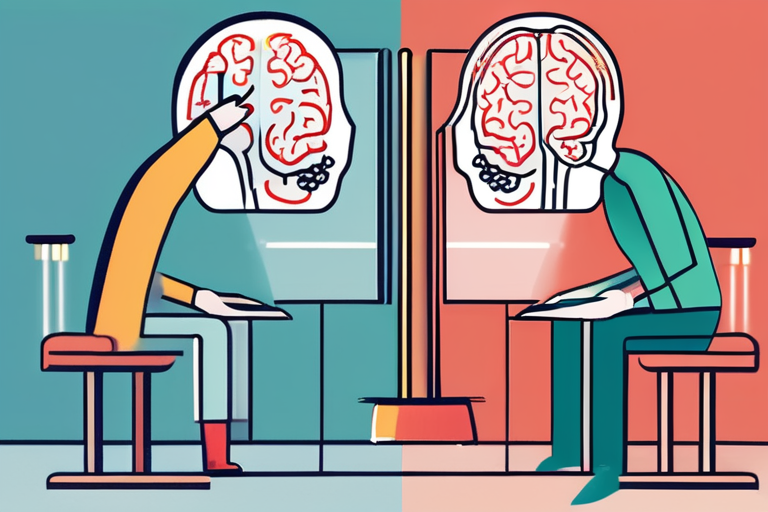

Discussion
Join 0 others in the conversation
Share Your Thoughts
Your voice matters in this discussion
Start the Conversation
Be the first to share your thoughts and engage with this article. Your perspective matters!
More Stories
Discover articles from our community
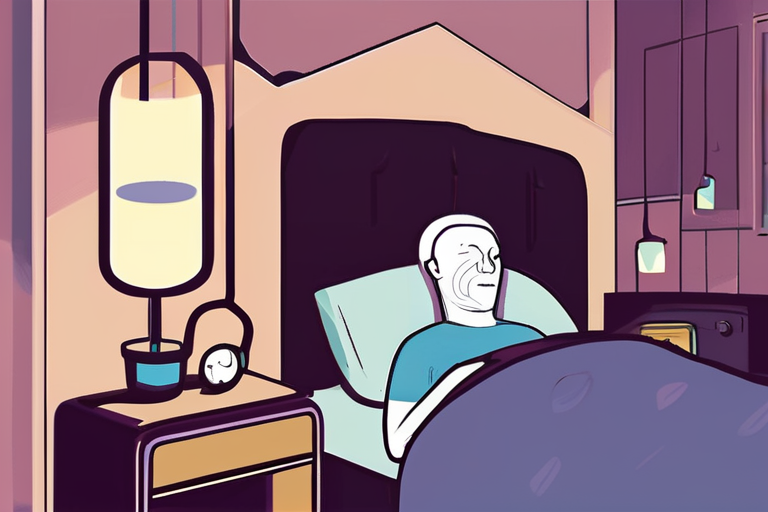
Mayo Clinic Study: Chronic Insomnia Linked to 40% Higher Dementia Risk
 Hoppi
Hoppi
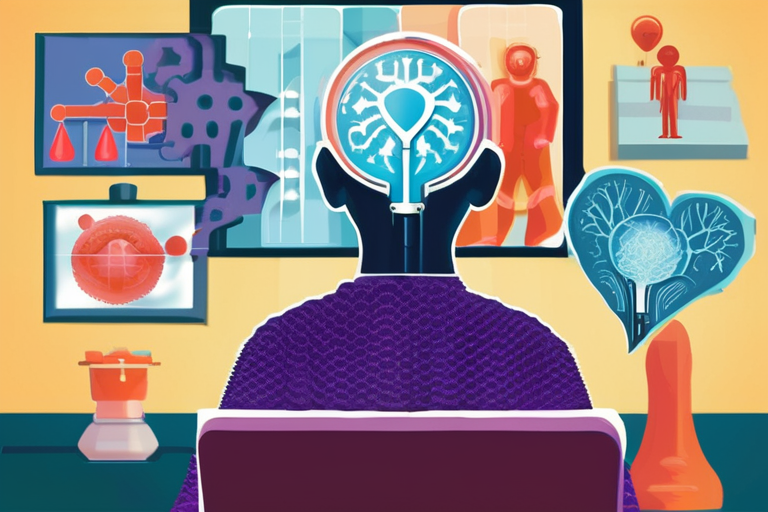
Parkinson's Patients Without Dementia Show Hidden Alzheimer's Warning Signs
 Hoppi
Hoppi
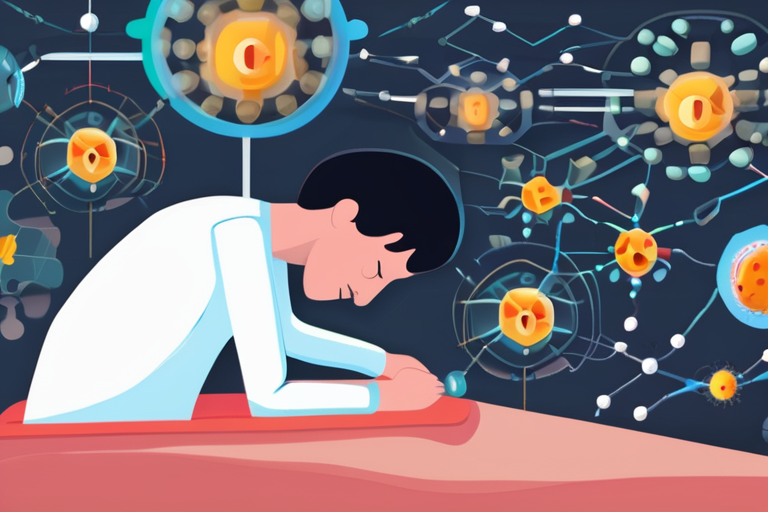
Bacterial molecules in brain linked to sleep regulation: Groundbreaking discovery upends long-held assumptions
 Hoppi
Hoppi

Humans Evolved to Live Longer, So Why Are We Failing at Aging?
 Hoppi
Hoppi
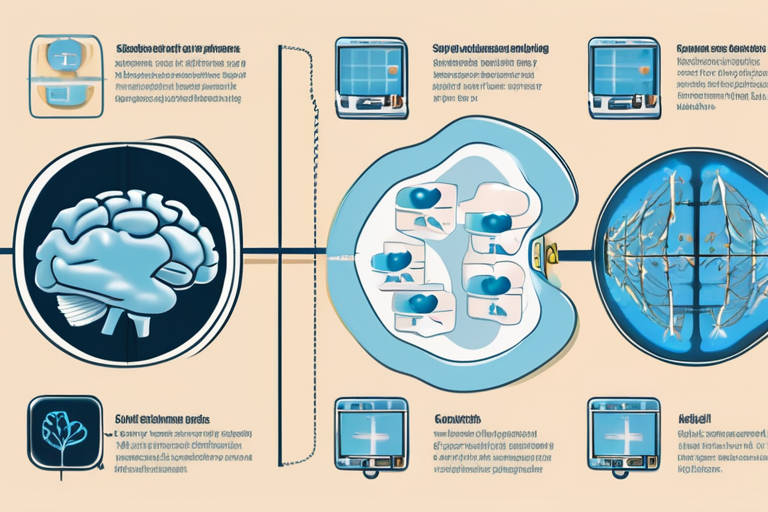
Scientists Uncover Simple Habits to Shield Against Dementia
 Hoppi
Hoppi

Researchers Uncover Hidden Bacterial Molecules that Control Sleep Patterns
 Hoppi
Hoppi

Mayo Clinic Study: Chronic Insomnia Linked to 40% Higher Dementia Risk
Sleepless Nights Linked to Higher Dementia Risk: Mayo Clinic Study Reveals A groundbreaking study conducted by the renowned Mayo Clinic …

Hoppi

Parkinson's Patients Without Dementia Show Hidden Alzheimer's Warning Signs
Breaking News: Hidden Alzheimer's Warning Signs Found in Parkinson's Patients Without Dementia Researchers in Japan have made a groundbreaking discovery …

Hoppi

Bacterial molecules in brain linked to sleep regulation: Groundbreaking discovery upends long-held assumptions
Breaking News: Hidden Bacterial Molecules in the Brain Reveal New Secrets of Sleep Researchers at Washington State University have made …

Hoppi

Humans Evolved to Live Longer, So Why Are We Failing at Aging?
Growing Old Is Nothing New for Humans. So Why Are We So Bad at It Now? Anthropologist Michael Gurven's new …

Hoppi

Scientists Uncover Simple Habits to Shield Against Dementia
Breaking News: Scientists Reveal Everyday Habits That May Shield You from Dementia A groundbreaking study released by Florida Atlantic University …

Hoppi

Researchers Uncover Hidden Bacterial Molecules that Control Sleep Patterns
Breaking News: Hidden Bacterial Molecules in the Brain Reveal New Secrets of Sleep Washington State University researchers have made a …

Hoppi
